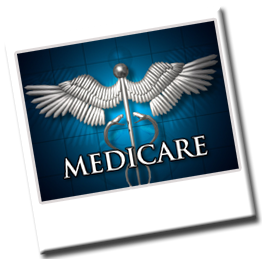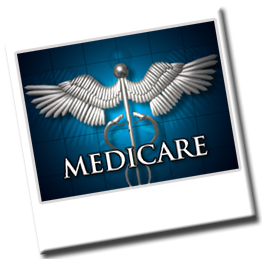 The significant new health care legislation imposes a unique “payroll tax” on investment income. At least the new tax doesn’t kick in until 2013 providing an opportunity for advance planning.
The significant new health care legislation imposes a unique “payroll tax” on investment income. At least the new tax doesn’t kick in until 2013 providing an opportunity for advance planning.
To recap, an individual must pay a 3.8% Medicare tax on the lesser of net investment or the excess of modified adjusted gross income (MAGI) over a $250,000 threshold ($200,000 for single filers), for tax years beginning after 2012. “Net investment income” includes interest, dividends, royalties, rents, gains from dispositions of property and income from passive activities.
If you expect to clear the threshold in 2013, here are four long-term ideas to consider.
1. Think about selling your principal residence. You can exclude tax on the first $250,000 of gain from a home sale — $500,000 for joint filers — if you have owned and used the place as a principal residence for at least two of the five years prior to the sale. But the 3.8% Medicare tax applies to any portion of the proceeds that doesn’t qualify for the exclusion.
2. Increase participation in “passive” activities. Net investment income includes amounts generated by passive activities such as rental real estate. Therefore, if you own a business interest where you don’t take an active role, you might get socked with the extra tax liability, starting in 2013. However, if you “materially participate” in the business, the income generally will not count as net investment income.
3. Add munis to your portfolio. The income from municipal bonds is exempt from federal income tax. So buying munis won’t result in the extra 3.8% Medicare tax on net investment income. However, projected higher tax rates after 2010 are expected to further increase demand.
4. Build up your 401(k) account. Distributions from a qualified retirement plan, like a 401(k), or an IRA don’t count as net investment income. Therefore, the more you can put away in a 401(k) plan (within the tax law limits), the more you can shelter from the extra Medicare tax.
These are just four potential strategies that might work. Everyone’s situation is different and the Tax and Accounting office of Certified Public Accountant, Emil Estafanous can develop an in-depth plan tailored to your particular circumstances. To address your particular problems, contact our tax and accounting office and we will gladly schedule a planning session.
